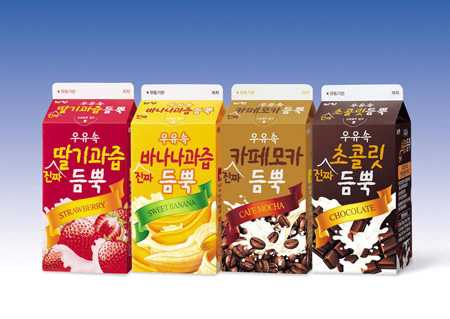SEOUL, South Korea – Coffee-flavored milk products may not always contain less caffeine than coffee products, a health report by Seoul City showed Monday.
The Seoul Metropolitan Government’s Research Institute of Public Health and Environment looked into 106 drinks containing caffeine and found that five products, including coffee-flavored milk products, had caffeine content that went beyond the recommended daily allowance for youths, which is 125 milligrams per serving.
Of the five products with caffeine content more than 125 mg, two were coffee-flavored milk products, which are “popular among the young students,” said the report.
The largest amount of caffeine in a coffee-flavored milk product was 133 mg per serving, similar to or greater than the amount of caffeine in an energy drink or coffee product. The energy drink with the largest amount of caffeine had 149 mg of caffeine per serving, the report added.
The average caffeine content of 32 coffee-flavored milk products was 66 mg per serving, ranging between 200 to 300 milliliters. It was approximately the same amount of caffeine of a pre-mixed instant coffee product, the institute said.
“The institute conducted the research to see how much caffeine coffee-flavored milk actually contains, as they are also largely consumed by young students, who prefer to drink them over actual coffee,” said an official from the institute.
“The institute recommends customers, including students, to check the caffeine content before they purchase,” as products might have more caffeine than they would expect, the official added.
The recommended amount of caffeine is 400 mg per day for healthy adults, while pregnant women are advised to limit their daily intake to 300 mg per day, according to the Ministry of Food and Drug Safety.
The recommended caffeine intake for pregnant women was 100 mg higher than that suggested by the American Pregnancy Association.
Starting in 2013, the Ministry of Food and Drug Safety started requiring companies to mark the caffeine content on their drink products when they contain caffeine more than 0.15 mg per 1 mL.
Shim Woo-hyun



















